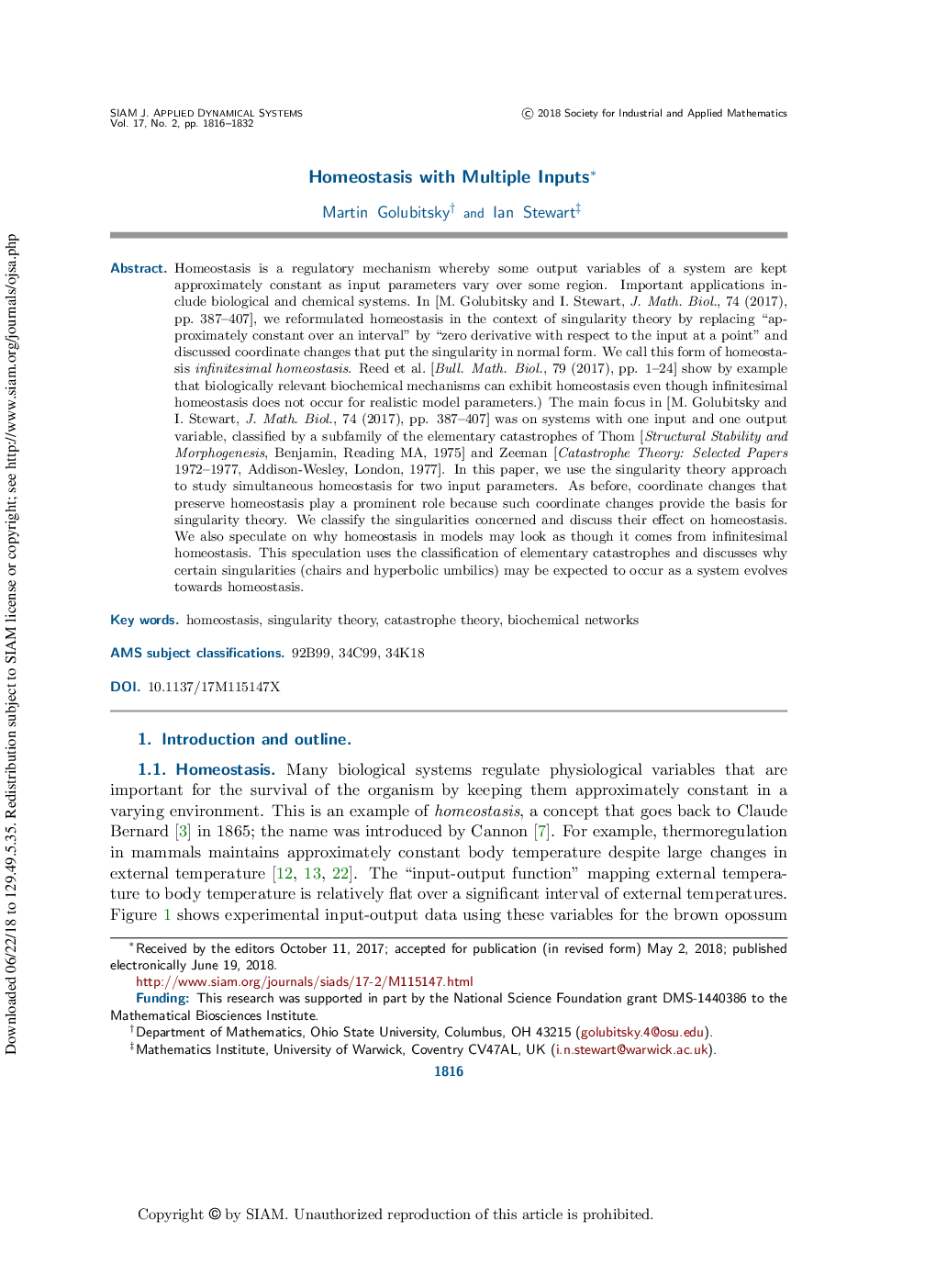| Article ID | Journal | Published Year | Pages | File Type |
|---|---|---|---|---|
| 6274265 | Neuroscience | 2013 | 17 Pages |
Abstract
Numerous studies have reported that the hippocampus in schizophrenia patients is reduced in volume compared to the normal population. Antipsychotic medications have had mixed benefits in maintaining hippocampal volume or reversing volume loss. Recent evidence indicates that routine aerobic exercise represents a promising intervention for reversing hippocampal loss and cognitive deficits. In the present study, we measured the effects of chronic treatment with olanzapine and daily exercise on the hippocampal volumes of rats. Adult female rats were treated during the week with either olanzapine (10Â mg/kg) or vehicle for 9 consecutive weeks. Subgroups of animals were provided access to exercise running wheels for 1 or 3Â h per day during the same period, or were sedentary. Metabolic indices, including glucose tolerance, were measured on a weekly basis. At the conclusion of the study, brains were perfused and hippocampal sections were Nissl stained. Total hippocampal volume was measured using the Cavalieri estimator. Treatment with olanzapine caused a significant decrease in hippocampal volume in sedentary rats. However, exercise was able to reverse most of this volume loss. The hippocampal sub-regions of the dentate gyrus and CA1 were most strongly affected by olanzapine and exercise. Of interest, there was a strong and highly significant negative correlation between glucose intolerance and hippocampal volume, whereby greater glucose intolerance was associated with a smaller hippocampal volume. These findings indicate that exercise may have beneficial effects on the hippocampus when antipsychotic medication can contribute to changes in volume.
Keywords
Related Topics
Life Sciences
Neuroscience
Neuroscience (General)
Authors
A.M. Barr, C.H. Wu, C. Wong, C. Hercher, E. Töpfer, H.N. Boyda, R.M. Procyshyn, W.G. Honer, C.L. Beasley,
